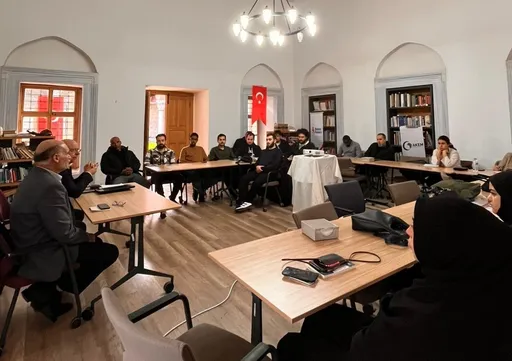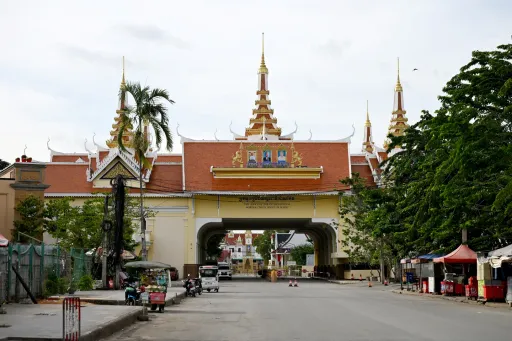Rwanda has imposed a curfew on all "non-essential services" to reduce noise pollution.
"For effective regulation of night-time entertainment and noise pollution, the Cabinet established closing time of non-essential services at 1am on working days, and 2am on weekends (Friday and Saturday), effective September 1," the government announced on Tuesday.
However, nightclub owners have criticised the move saying it will hurt their businesses.
One nightclub owner who spoke to AFP news agency on condition of anonymity said the latest restrictions were "backward and will definitely kill businesses".
Last month, Rwanda’s ministry of Environment released comprehensive guidelines outlining the prevention and control measures of noise pollution for different locations and times of the day.
Decibel levels
According to the new regulations, the sound level should not exceed 55 decibels during daytime and 45 decibels during nighttime in residential areas.
Slightly higher decibels 65 decibels during daytime and 55 decibels during nighttime are allowed in commercial areas.
The allowed sound levels in industrial areas are 75 decibels during daytime and 70 decibels during nighttime.
In quiet zones, which include areas near health facilities, schools, libraries, court houses, and public offices, the sound levels should not exceed 50 dB during daytime and 40 decibels during nighttime.
“Quiet zones must be identified and marked with signs in collaboration with relevant authorities,” according to the documents signed by Environment Minister Mujawamariya.
“No advertisement using loudspeakers, vehicle horns, or any other noise is allowed in a quiet zone.”
Religious buildings, entertainment venues, bars, and restaurants may have sound levels ranging from 88 dB to 91 decibels.
As part of the move to address the issue of noise pollution, Rwanda installed 13 sensors across the capital, Kigali in November 2022.
It is expected that the data collected will reveal sources and distribution of environmental stressors across the city.
























